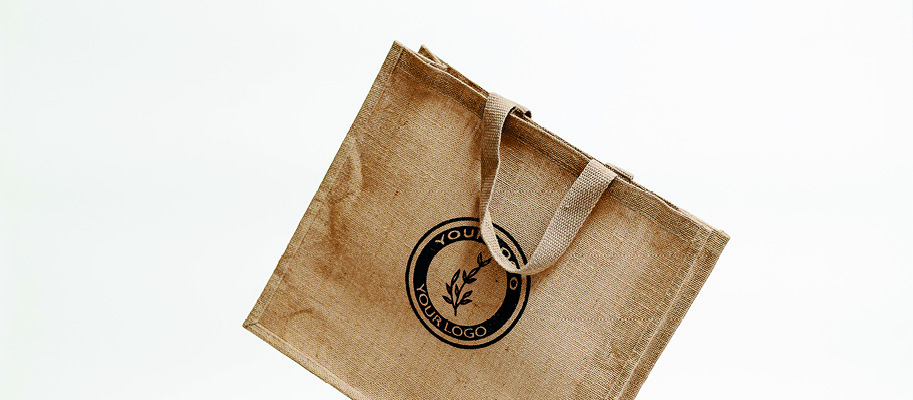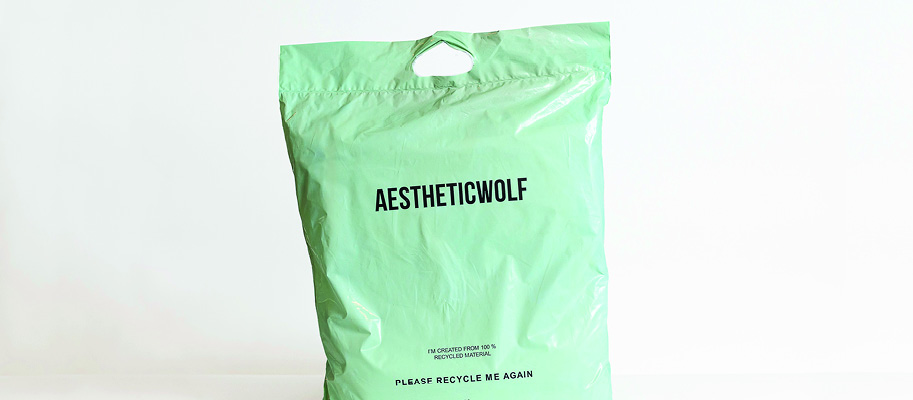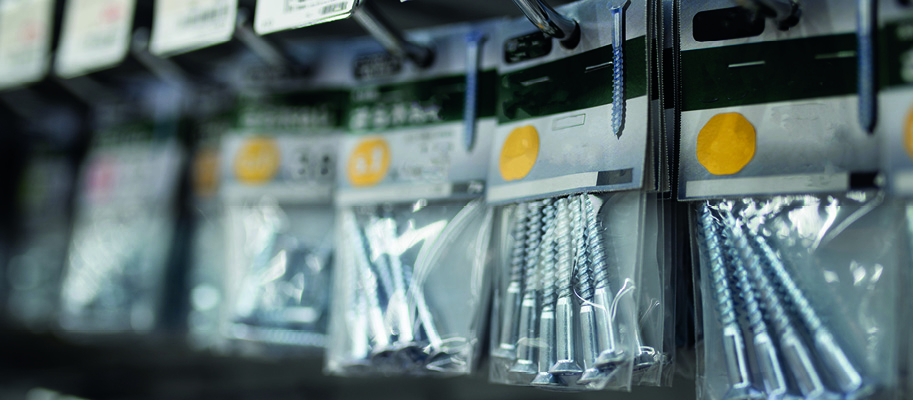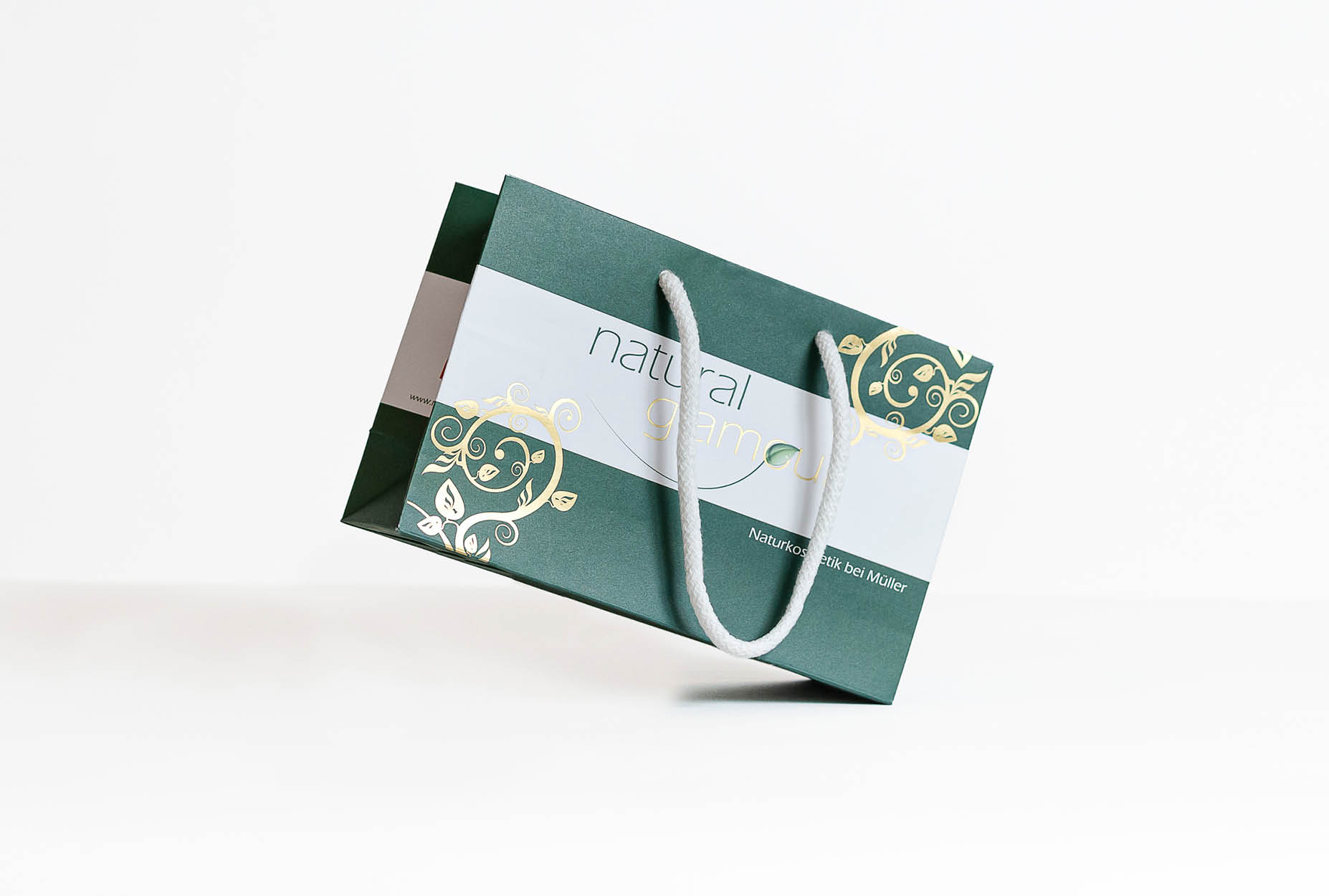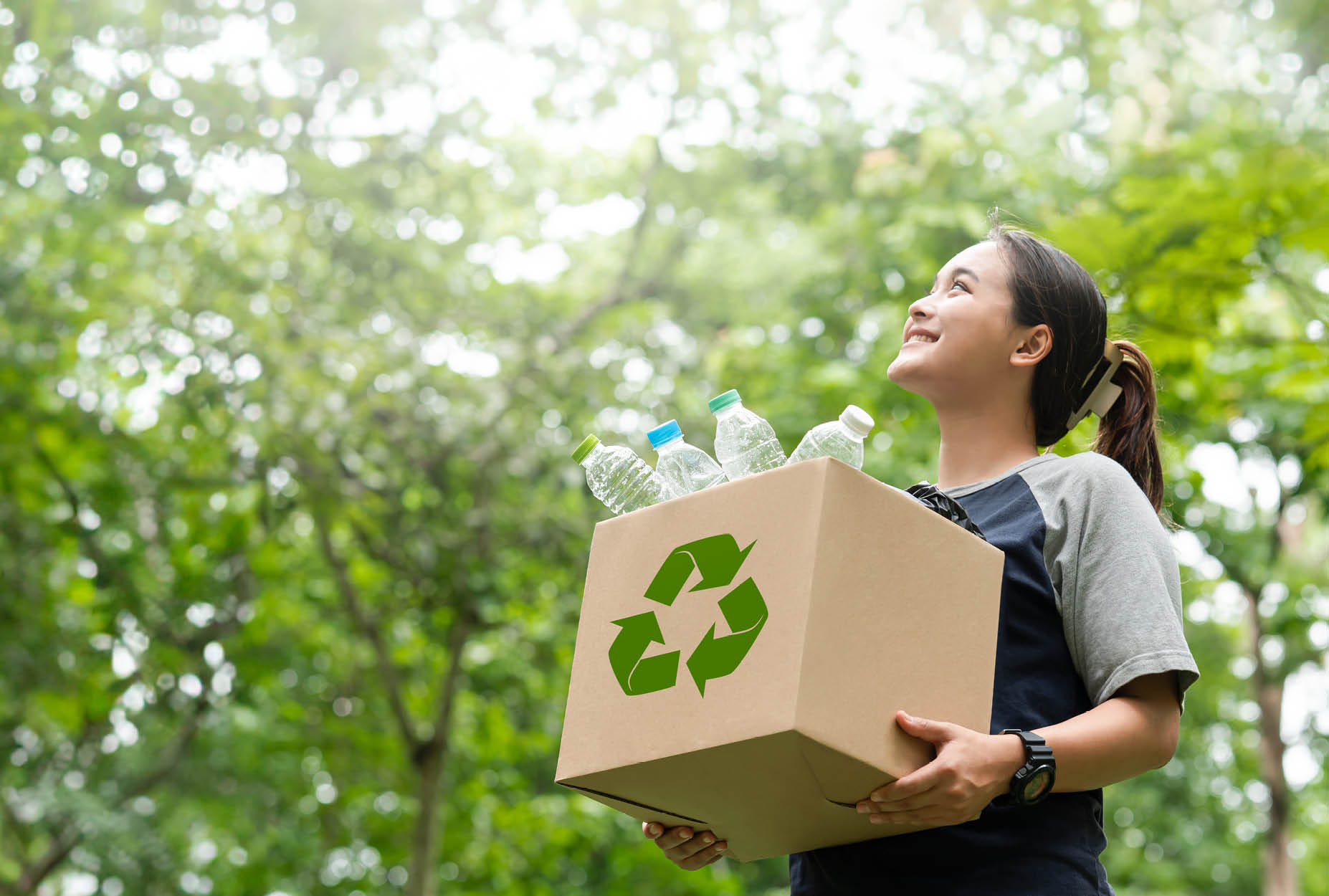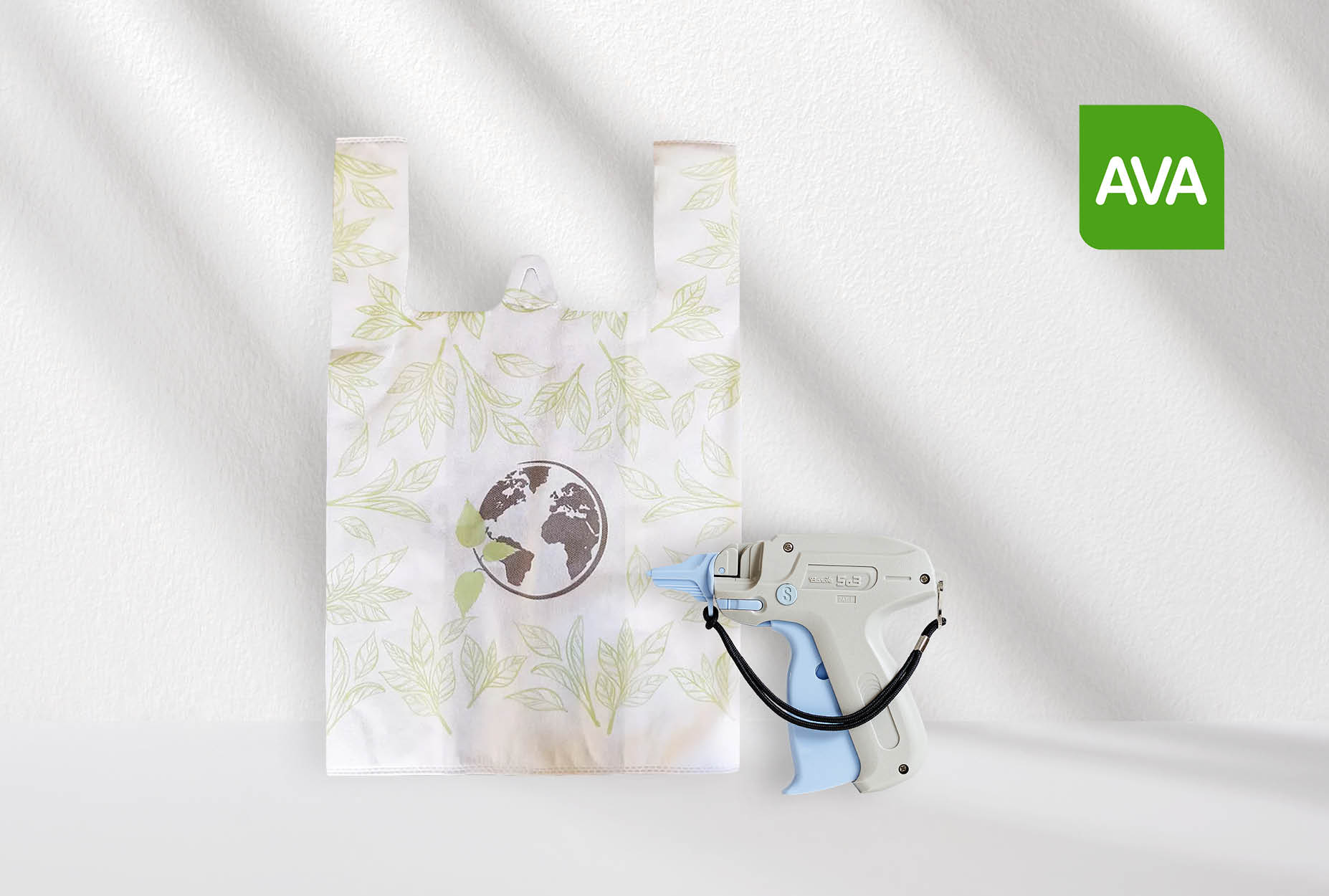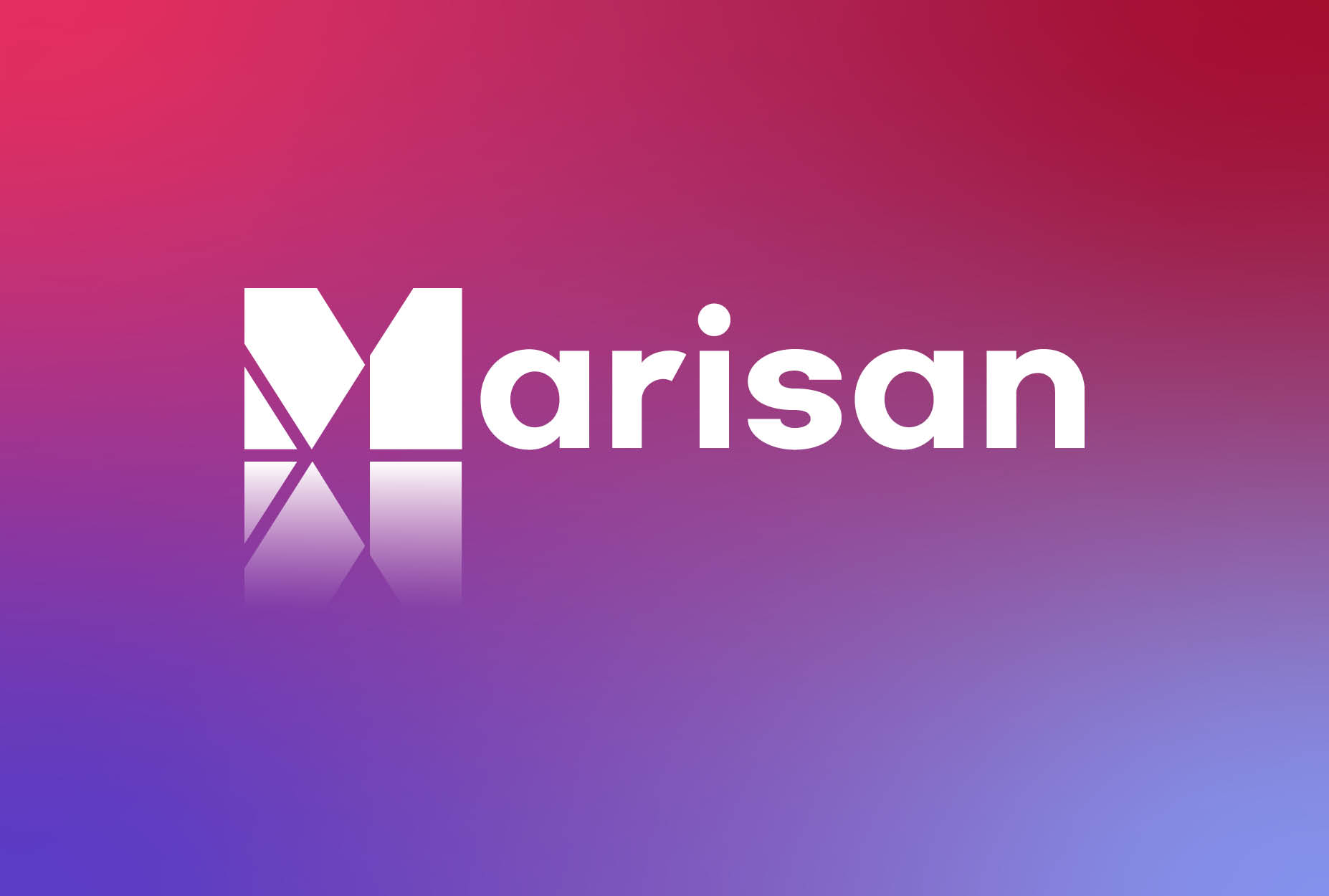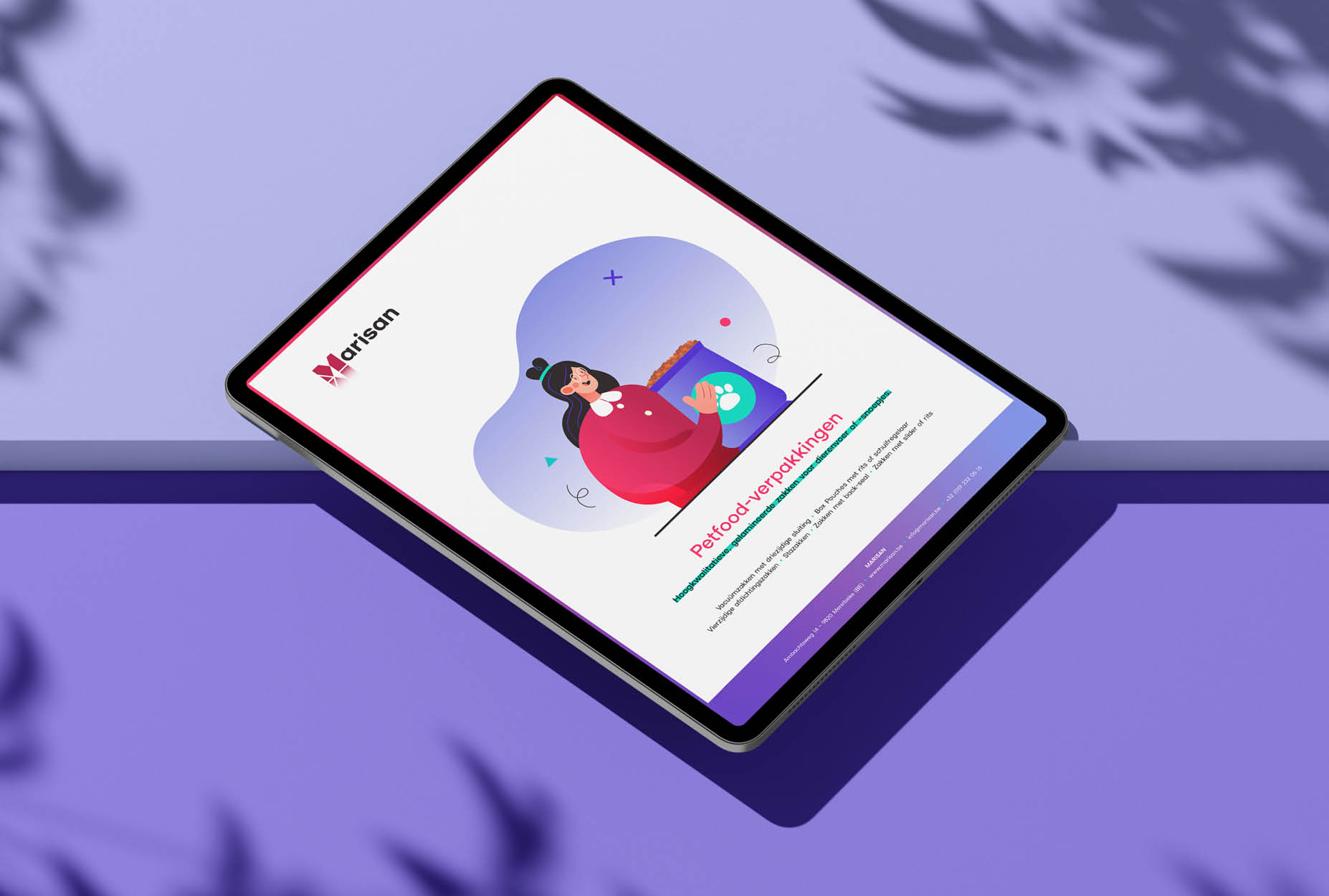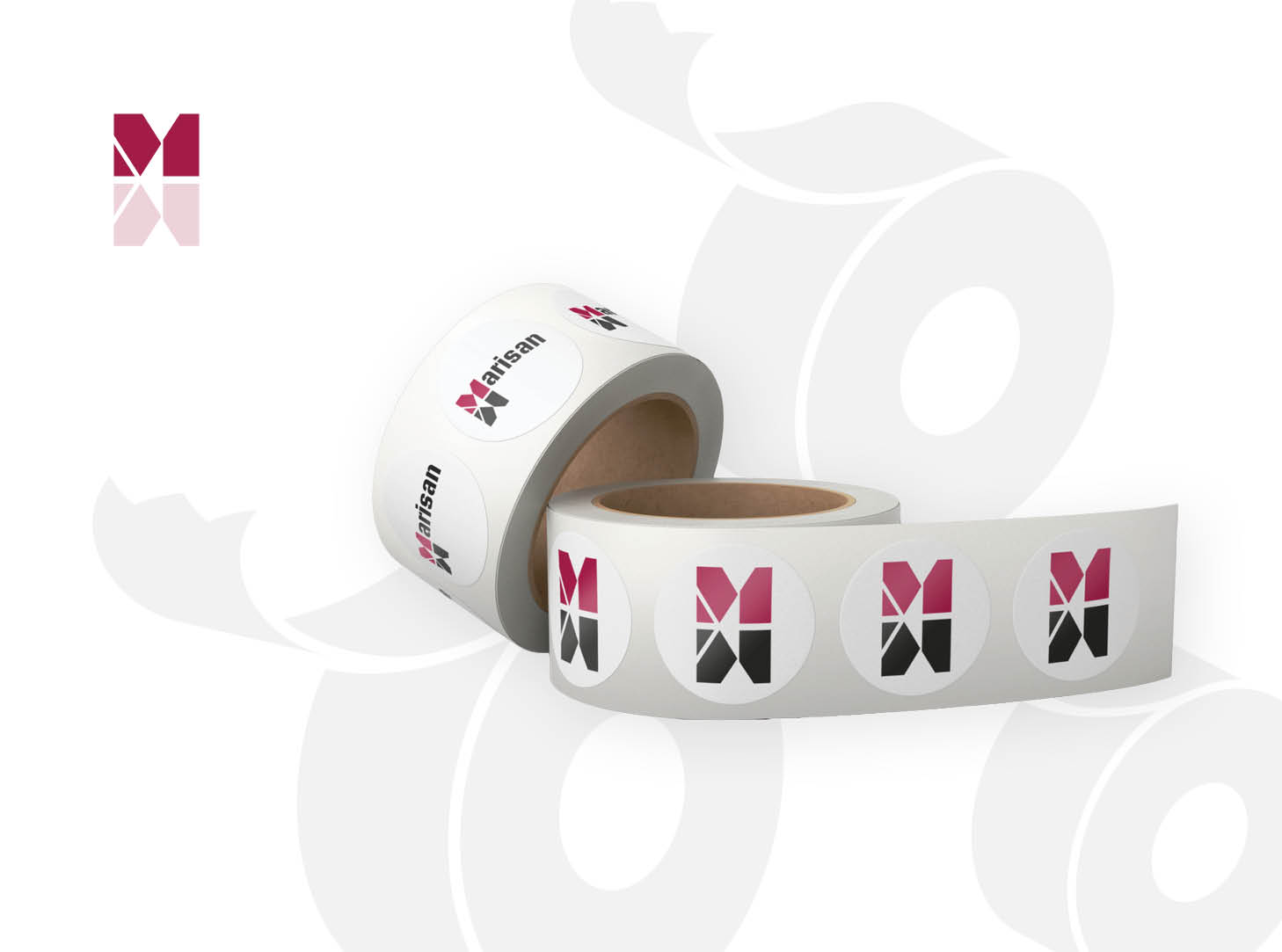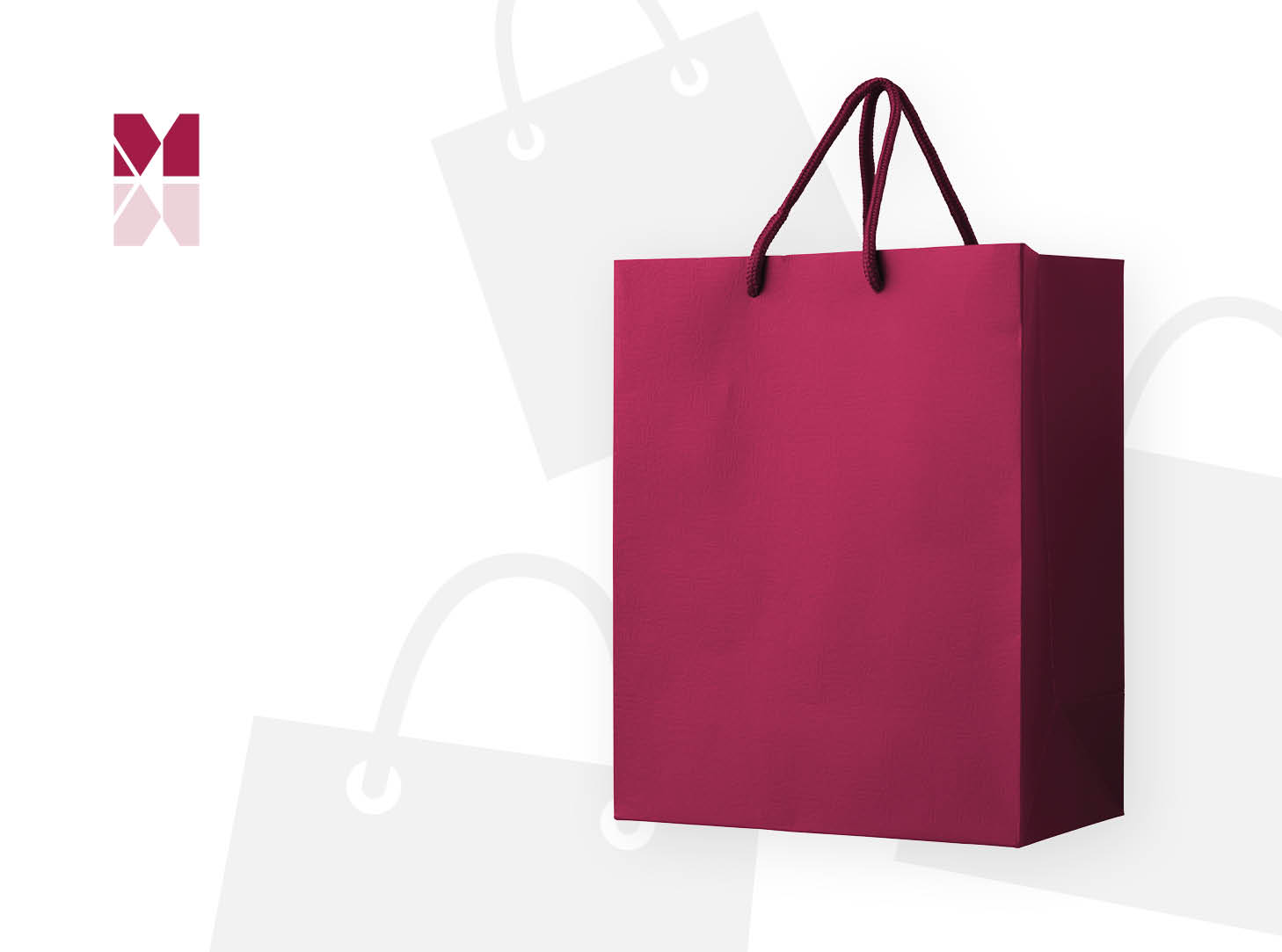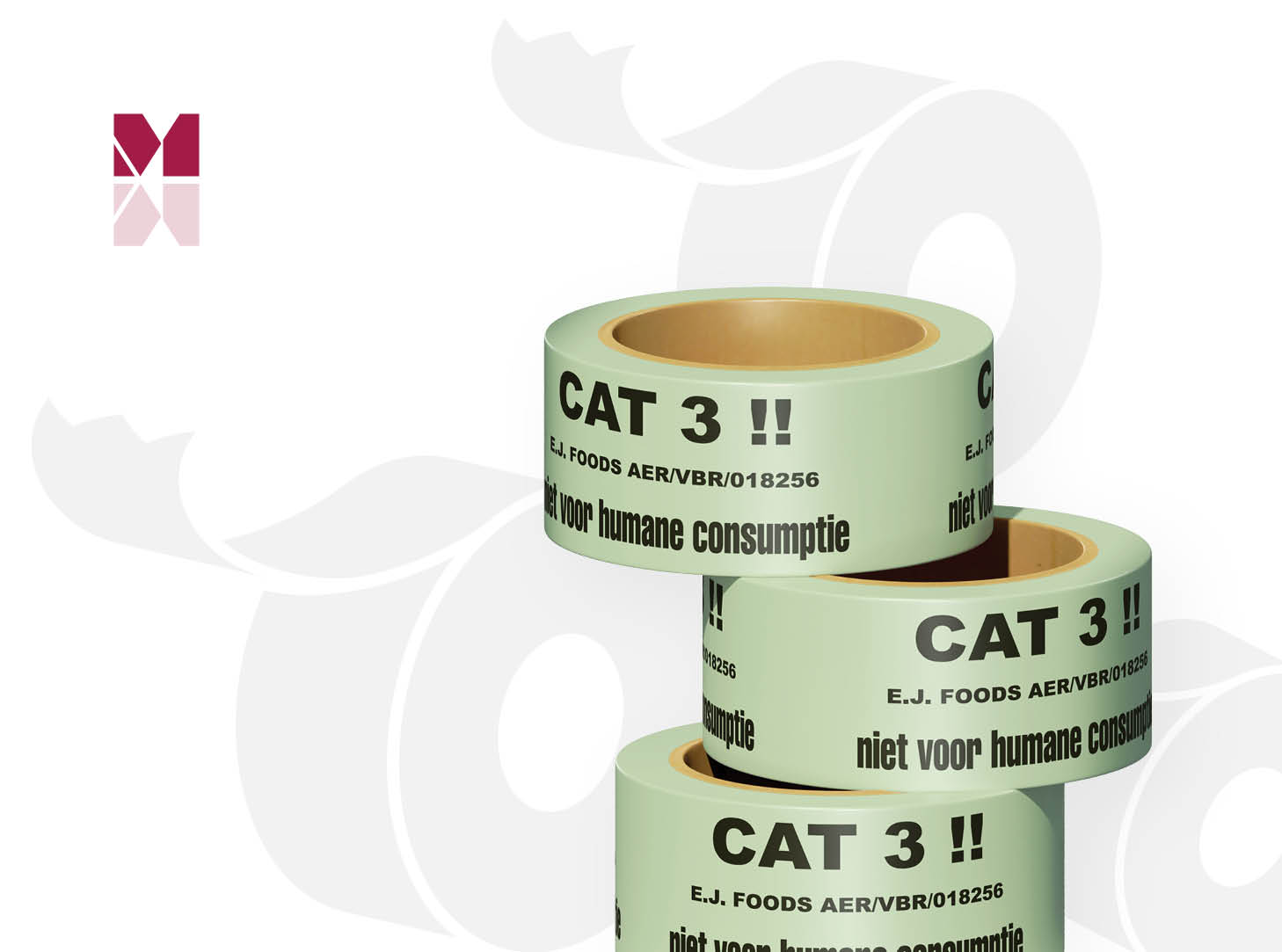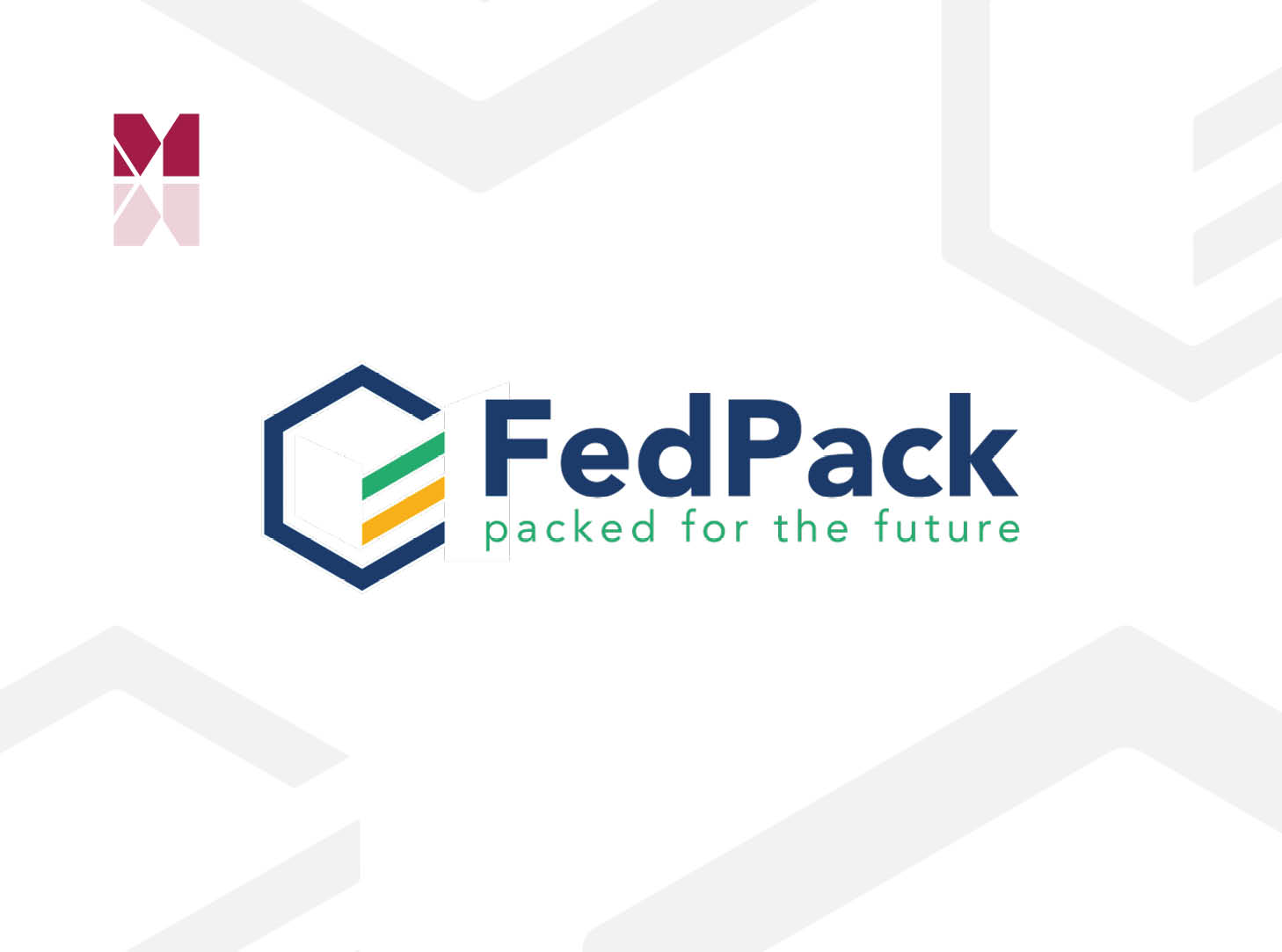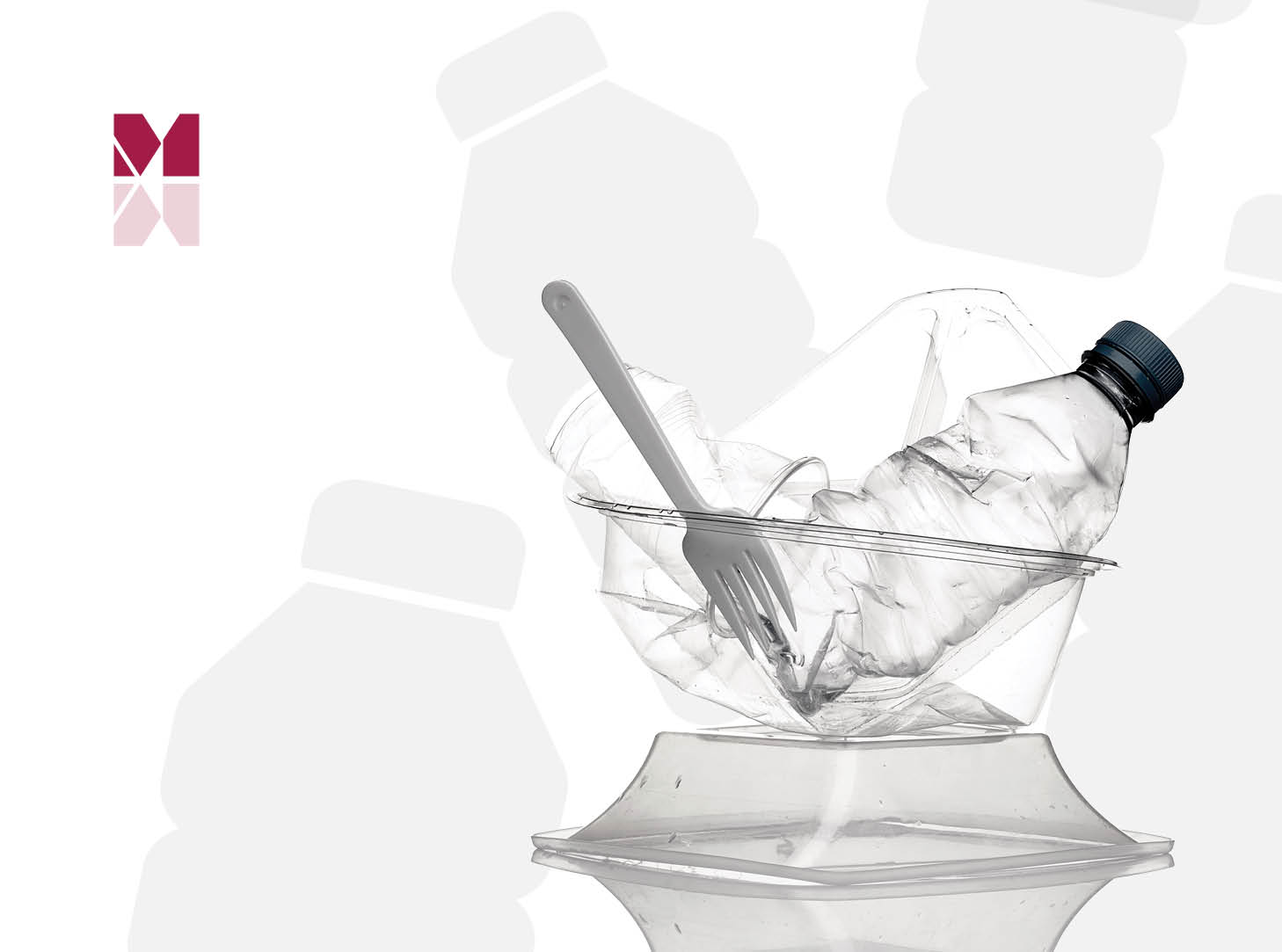Knowledge centre
Bioplastics : how to recycle?
What are bioplastics exactly?
The term bioplastics is often used for two different types of plastics. First, you have the plastics made from biological material, also called the biobased plastics. Biobased plastics are plastics made from biological raw materials, for example plants, corn or potatoes. Then you have the plastics that are biodegradable, also called biodegradable plastics. This term cannot legally be used in Belgium, so it is better to speak of compostable packaging or biodegradable packaging. Compostable plastics are plastics that can be broken down by microorganisms into harmless particles. To what extent the material is compostable depends on the environment in which the packaging will be decomposed (professional composting, home composting, in soil, fresh or salt water). Importantly, however, it says nothing about how quickly this happens and under what conditions.
Do not throw biodegradable plastics into your organic waste
As reported above, in Belgium it is prohibited by law to put the word “biodegradable” on any packaging. This causes a lot of confusion among consumers. For a long time, this created the link that biodegradable plastics could go on the compost heap or in the garbage bag at home. Today, most packaging is designed to break down only in industrial conditions, where high temperatures are continuously reached to break down the bioplastic. A traditional compost pile at home will never reach these temperatures, of course.
Only certified packaging, for example the very thin bags made of compostable material (read, the bags for fruit and vegetable waste), may be included in the compost pile. After quite a bit of reading, it appears that there is no uniform guideline on exact thicknesses and material. What matters is how the material to be certified must be tested and which requirements it must meet. So every product put on the market has to be tested and certified.
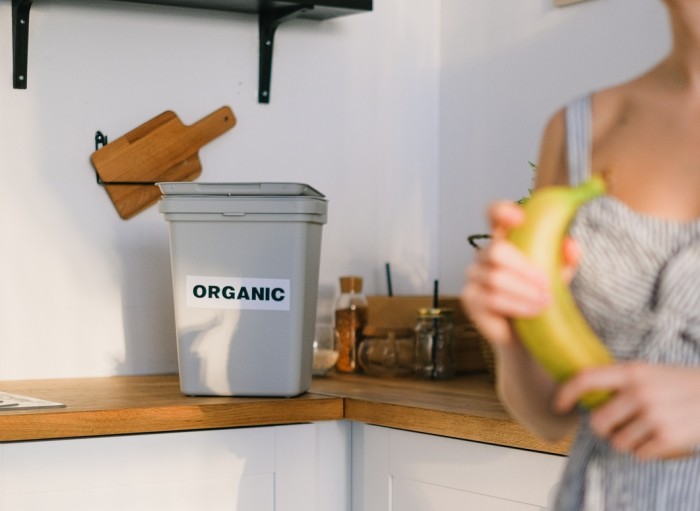
Will they be allowed in the (new) blue PMD bags?
Packaging with a “compostable” or “biodegradable” label should not be thrown in the PMD bag. This can actually disrupt the recycling process because some sorting sensors do not recognize the packaging properly. The result? The recyclates are of lower quality, color fading occurs, etc. In other words, biodegradable plastics therefore cause contamination and the resulting plastic recyclate can no longer be used for new products as a result. When the packaging does get recognized by the sorting sensors, it ends up in the fraction going to incineration anyway.
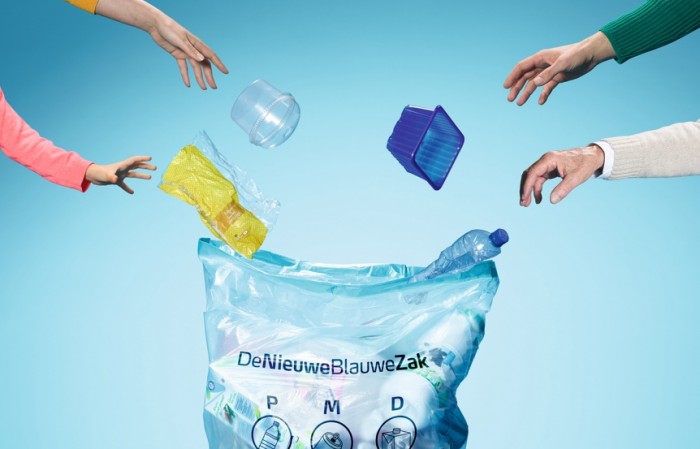
Biodegradable plastics belong to residual waste
In organic waste, biodegradable plastics still leave too much residual material after composting, even in the blue PMD bags they disrupt the recycling process. Bioplastics therefore belong with residual waste. This for the simple reason that there is not yet another, workable alternative to recycle these plastics. So the ideal bioplastics that can serve as a solution to the plastic soup does not quite exist yet. On one side, things are going well because we are already using renewable raw materials for our plastic products. On the other hand, we don’t yet have a favorable recycling process for this and so it just ends up in our residual waste.
In our opinion, there are too many rules and logos today for consumers to see the wood for the trees. Our advice? Make this more uniform at all levels : from government to retail sector, from producers to users of packaging.
Source : Bioplastics (z.d.-b). Website NL. Consulted on Oct. 6 2022, from https://ovam.vlaanderen.be/bioplastics
Related products
Explore further
How packaging influences customer experience and brand perception
Blog
Duurzaamheid
NogMeerVerdiepen
In the dynamic world of marketing and branding, packaging plays a crucial role in how consumers perceive and experience a product. At Marisan, experts in innovative packaging solutions, we understand that the right packaging not only catches the customer's attention, but also leaves a lasting impression.
Read moreEcolabels deciphered: the meaning of green symbols on packaging
Blog
Duurzaamheid
NogMeerVerdiepen
In a world where sustainability is becoming increasingly important, green labels and eco-labels play a crucial role in the recognition of environmentally friendly packaging. Whether you are a conscious consumer or a company committed to responsible production, understanding these symbols is essential.
Read moreThrough Marisan in the market, through AVA to the consumer
Case
Duurzaamheid
Succesverhalen
AVA, known for its wide range of catering and retail supplies, has been a loyal partner of Marisan for years. In an interview with Stefan from AVA, we explore the depths of this collaboration, the products offered and the future plans amidst changing market dynamics and legislation.
Read moreWelcome to the new Marisan: renewed, refreshed and ready for the future!
Nieuws
NogMeerVerdiepen
Welcome to the new era of Marisan! Our journey of innovation brings us more than just a visual metamorphosis; it is a complete reinvention of how we present ourselves to the world, both online and offline. Step inside our world where innovation, clarity and customer focus are the cornerstones of everything we do!
Read moreFree whitepaper ‘Your pet food presented in a catchy way’
Whitepaper
NogMeerVerdiepen
Did you know that your choice of pet food packaging says as much as the crispy chunks inside? We are Marisan, a packaging specialist in many sectors for many years, and we would like to introduce ourselves to you! From the first conversation to that last label on the bag, we understand what your brand needs.
Read morePrinting labels? The checklist for success!
Blog
NogMeerVerdiepen
In the dynamic world of logistics and e-commerce, labels are more than just stickers; they represent the identity of your product. But creating the perfect label is an art in itself. Below you will find the extensive checklist you need to design, print and apply your labels yourself.
Read moreThe importance of monomaterial: a step forward with Marisan
Blog
Duurzaamheid
NogMeerVerdiepen
The world of sustainable packaging is always on the move. At Marisan we are always looking for ways to make our beautiful planet a little better. One of the clearest trends? Mono material! Simply put, this means using one type of material for the entire packaging. Why is that so important? Because it makes recycling a lot easier!
Read moreEJ Foods and Marisan: classification as a quality mark
Case
Succesverhalen
Labels have numerous functions: boost your branding, save time or act as an information carrier. And Marisan provides these informative labels for EJ Foods, a renowned manufacturer and distributor in the pet food industry from Liedekerke. We spoke with Aurelie Bauveroy, co-manager of EJ Foods about their collaboration with Marisan.
Read moreNavigating Changing Times: FedPack’s Role in the Service Packaging Industry
Blog
NogMeerVerdiepen
In the dynamic world of service packaging – the jars, trays and carrier bags we all know – FedPack plays a crucial role. And this under the leadership of Marisan's own Sven De Vis. As chairman of this influential professional federation, Sven steers the course towards fairer market conditions for Belgian providers.
Read moreGoodbye single-use plastics: a sustainable future or an impossibility?
Blog
Duurzaamheid
NogMeerVerdiepen
In a world that is becoming increasingly aware of environmental issues, single-use plastics are in the focus of attention. These products, which are often used only once before being thrown away or recycled, pose a substantial challenge to our environment. But would it be it realistic to eliminate these plastics completely by 2035?
Read more

